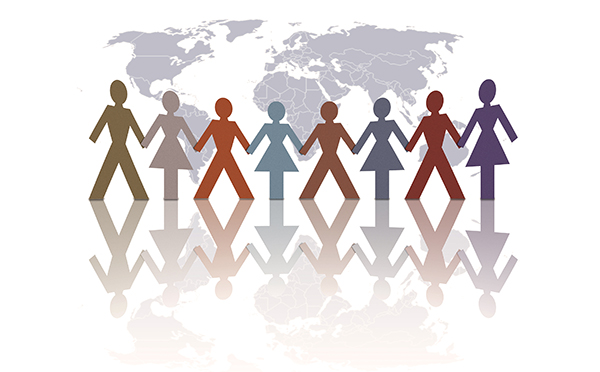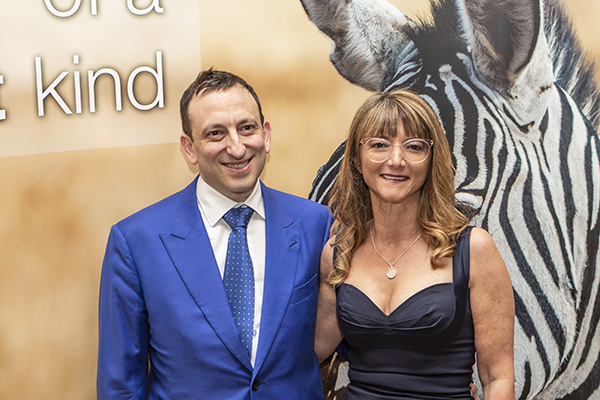
Regardless of our identity or background, we all deserve the opportunity to develop our skills and talents to our full potential, work in an inclusive and supportive environment and be fairly rewarded for our achievements.
Research undertaken by McKinsey & Co has indicated that businesses with a healthy balance of men and women are 15% more likely to outperform their competitors, while those with employees from a good mix of ethnic backgrounds are 35% more likely!
The words equality and diversity are often used but what do they mean? Equality is about promoting and fostering everybody’s right to be different. Equality of opportunity is about ensuring everybody has an equal chance regardless of age, race, gender, class, sexual orientation, religion or belief and disability. Equality should not be viewed as ticking a box or a bureaucratic burden.
Promoting a greater understanding and awareness of these different characteristics reduces the likelihood of discrimination arising, reduces the chance of possible employment tribunal claims and ultimately can therefore reduce costs in the workplace. Moreover, awareness can greatly contribute to staff morale and employee wellbeing.
Diversity, on the other hand is about more than equality. It is about celebrating and valuing how different we are. If everyone thinks and acts the same within an organisation, how can it possibly continue to grow?
Evidence suggests that recruitment panels still favour candidates similar to themselves. Often employers will know how to tackle conscious bias in the workplace, however, the impact that unconscious bias can have should not be underestimated. Everybody has unconscious biases; they are social stereotypes about certain groups of people that are formed outside of any conscious awareness. They are simply the brain’s way of coping with and categorising all the information we receive daily. Our tendency to discriminate against a group or type of person may not be intentional, but we can still do something to change it. The more we expose ourselves to ideas, images and words that challenge negative stereotypes, the less discriminatory we will be.
How to reduce the unconscious bias in your workplace
You can take steps to reduce the negative impact of unconscious bias in many ways:
• Be aware of generalisations
• Challenge your decision-making processes
• Work beyond your comfort zone and with individuals who have different backgrounds
• Implement training and communications campaigns which promote diversity
• Take a test! Take an online test to discover your own tendencies then reflect on your personal biases so that you can reduce and eliminate bias from all of your actions and decisions
Sherrards is running a popular half day seminar on Equality, Diversity and Inclusion with a focus on understanding Unconscious Bias on Monday July 15th in London. If you would like further information please contact the team on 01273 834120 or visit
www.sherrardslaw.com





